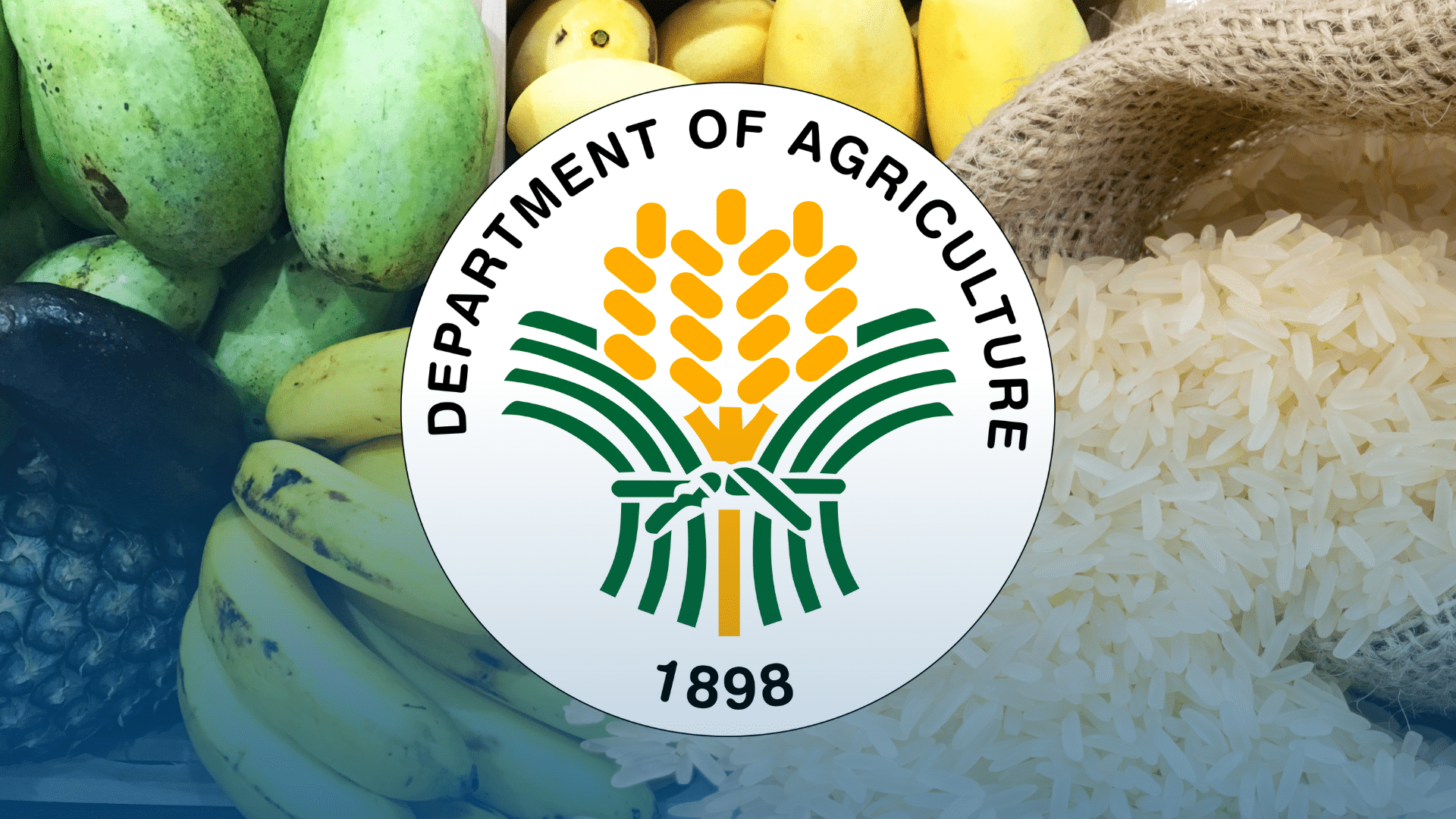
PHILIPPINE monetary authorities will hold off from lowering interest rates this year, the research unit of a multinational bank said, with inflation likely to remain near the upper end of the target range.
"In the Philippines, inflation, though receding, is still running close to the upper bound of the official target range of 2-4 percent," ANZ Research said in a report on Tuesday.
The same situation applies to Indonesia, it noted, thus rate cuts "are not on the table this year" for both countries.
Domestic inflation has been on the rise for the last four months, hitting 3.9 percent in May.
The Bangko Sentral ng Pilipinas (BSP) has warned that the rate could again exceed 4.0 percent, but last month it trimmed its risk-adjusted forecast for the year to 3.8 percent from 4.0 percent.
ANZ Research has also lowered its 2024 Philippine inflation forecast to 3.6 percent from 3.8 percent and expects the rate to drop to 3.1 percent next year.
"It [inflation] has eased considerably in developing Asia, including the Philippines, where inflation has remained in the official target range despite elevated food prices," the research unit of Australia and New Zealand Banking Group Ltd. noted.
"The outturns are still not low enough to permit rate cuts, but even so they have allowed the Bangko Sentral ng Pilipinas (BSP) to dial down its hawkishness," it said.
BSP Governor Eli Remolona Jr. has raised the prospect of an easing as early as August, given improvements in the inflation outlook, ahead of the US Federal Reserve that is expected to do so only in September or even in December.
This has put pressure on the peso, which has fallen to 19-month lows and continues to trade at the P58:$1 level.
BSP officials have said that the peso's fall was in line with regional movements given the dollar's strength.
Whether they will insist on the possibility of easing before the Fed could be known this Thursday, when the BSP's policymaking Monetary Board is expected to keep rates unchanged for a sixth straight meeting.
Amid the dovishness, ANZ Research said the central bank was likely to only start easing in March 2025 and by 50 basis points (bps), leading to cuts totaling 150 bps for the year.
It expects the peso to strengthen to P57 against the greenback by September and then end the year at P56.50:$1.
The BSP's benchmark rate currently stands at 6.5 percent, the highest since 2007, following 450 basis points of rate hikes beginning in May 2022 as inflation started surging in the wake of Russia's invasion of Ukraine.
Read The Rest at :



